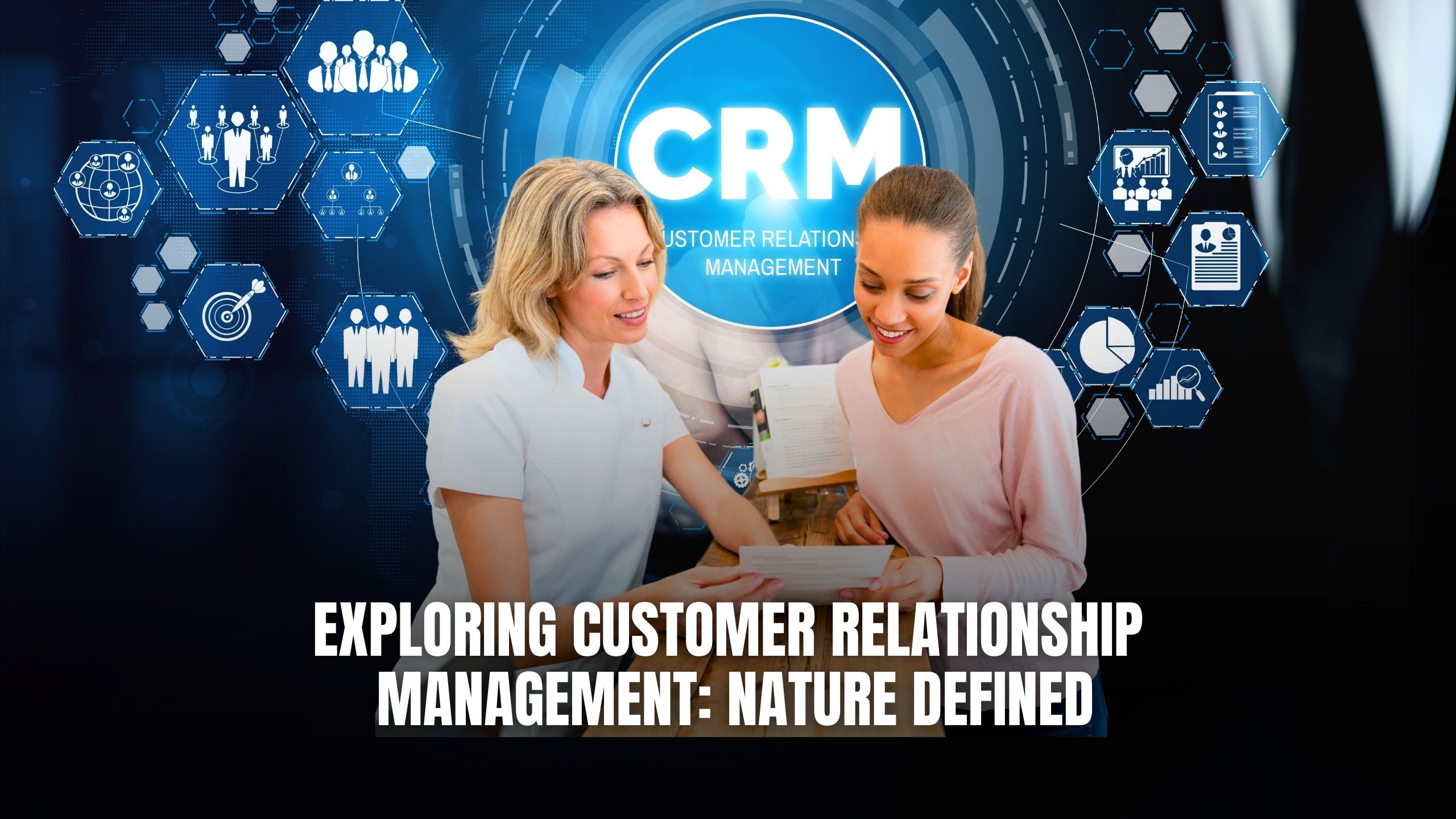Exploring Customer Relationship Management: Nature Defined
- Proposal Software Customer Relationship Management


Exploring Customer Relationship Management: Nature Defined
Customer Relationship Management (CRM) is more than just a business strategy; it’s a philosophy that revolves around nurturing and enhancing relationships with customers. In this article, we’ll delve into the nature of CRM, its fundamental principles, and why it’s crucial for businesses across industries.
Understanding the Essence of CRM
At its core, CRM encompasses the practices, technologies, and strategies employed by businesses to manage and analyze interactions with current and potential customers. It goes beyond mere transactional relationships to focus on understanding customer needs, preferences, and behaviors. By fostering meaningful connections and delivering personalized experiences, CRM aims to build customer loyalty and drive long-term profitability.
Key Components of CRM
1. Customer Data Management
Central to CRM is the effective management of customer data. This includes collecting, organizing, and analyzing information such as contact details, purchase history, and communication preferences. By maintaining a comprehensive view of customer interactions, businesses can tailor their marketing efforts and deliver targeted messaging that resonates with individual customers.
2. Sales Automation
CRM systems often incorporate sales automation features to streamline the sales process. From lead generation to conversion and beyond, these tools automate repetitive tasks, track sales activities, and provide insights to sales teams. By automating workflows and optimizing sales pipelines, businesses can improve efficiency, productivity, and revenue generation.
3. Customer Service and Support
Exceptional customer service is a hallmark of successful CRM initiatives. By leveraging CRM platforms, businesses can provide timely and personalized support to address customer inquiries, resolve issues, and foster positive experiences. Through multi-channel communication and knowledge management, businesses can enhance customer satisfaction and retention.
Why CRM Matters
CRM is essential for businesses seeking to thrive in today’s competitive landscape. By cultivating strong relationships with customers, businesses can drive repeat purchases, increase customer lifetime value, and differentiate themselves from competitors. Additionally, CRM enables businesses to identify emerging trends, anticipate customer needs, and adapt their strategies accordingly, ensuring continued relevance and success in the market.
Recommended SaaS Products
- Salesforce: Comprehensive CRM platform for sales, marketing, and service automation.
- HubSpot CRM: User-friendly CRM solution with robust marketing and sales features.
- Zoho CRM: Scalable CRM software for small to large businesses, offering customizable modules.
- Freshsales: Intuitive CRM system with AI-powered sales automation and analytics.
- Pipedrive: Easy-to-use CRM designed for sales professionals, with pipeline management features.
Conclusion
In conclusion, CRM embodies the ethos of customer-centricity, empowering businesses to build and nurture relationships with customers effectively. By leveraging CRM principles and technologies, businesses can optimize their sales processes, deliver exceptional customer experiences, and drive sustainable growth.
Unlock Secret Deals and Save Big!
Ready to supercharge your CRM efforts and drive business growth? Unlock exclusive deals on essential SaaS tools with Subscribed.fyi! Sign up for free today to access savings on top CRM platforms and enhance your customer relationship management strategies effortlessly.
Relevant Links:





